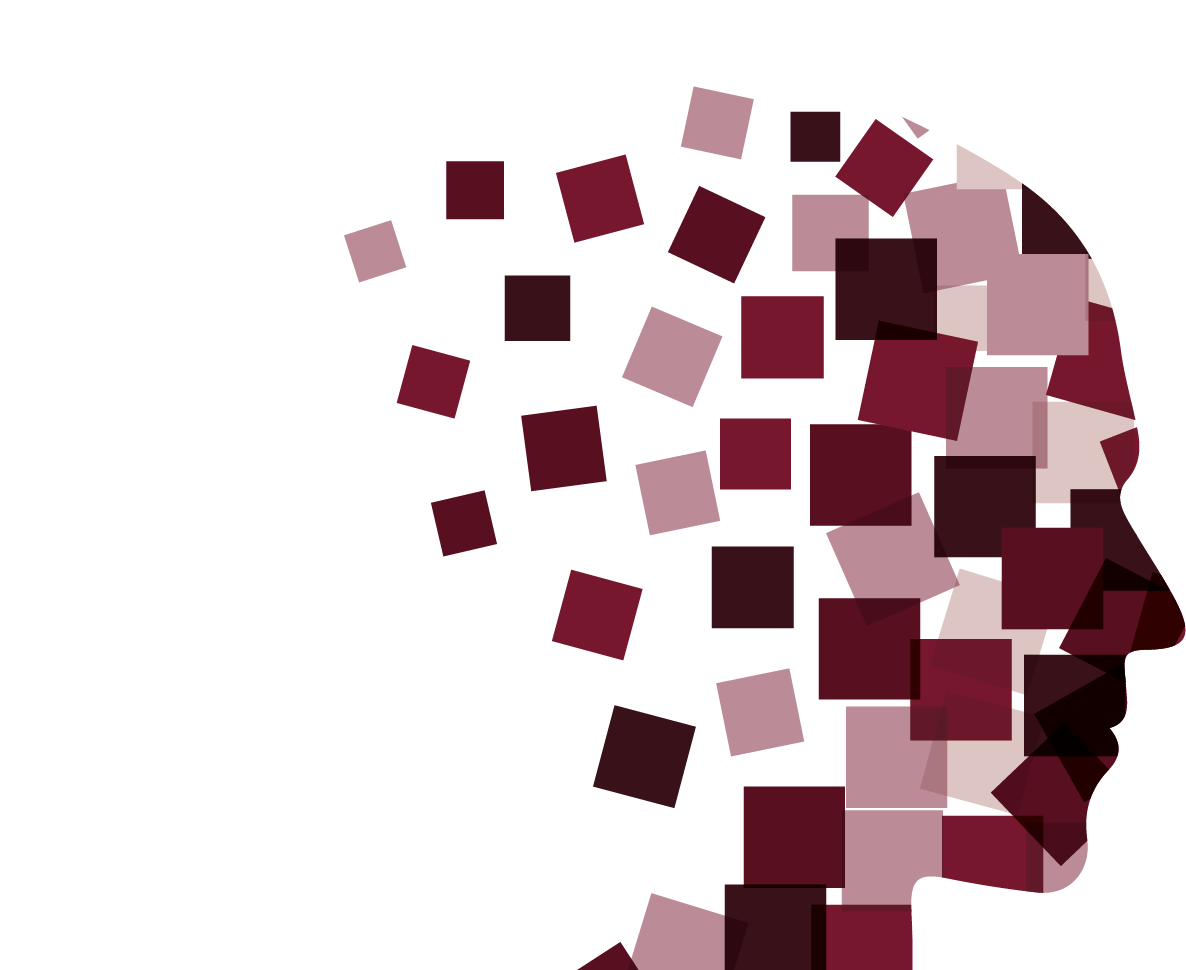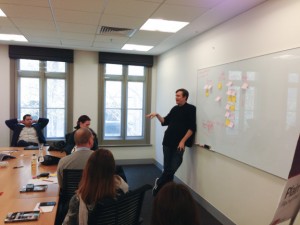My favorite part about getting to interview @ourfounder is listening to the gratitude he has for his clients and what he learns from them.
— mrsungo (@mrsungo) February 4, 2016
When you are a consultant or, worse yet, seen as a thought leader, people hire you expecting to know "the answers". At best what you actually know is paths to make sense of problems, communicate them, and then solve them. No consultant should ever arrive knowing the answers. If they do, you could have just asked them over the phone or read their book. Canned knowledge is a commodity. Problem solving is not.
Let's face it, work is a challenge. We have to not only get along with other people, more importantly we need to understand other people. Our colleagues aren't fungible, they aren't machines. They are stuck in the same problems we are. They are just as much a part of the problem as we are and they are just as much a victim of the problem.
Since writing Personal Kanban, (now 5 years ago) we've worked with companies, governments, and individuals around the world helping them get control of their work - but you never do that without solving some problem. They all want Personal Kanban to come in, plug in, and start running.
I can state unequivocally after nearly 25 years of project management, business ownership, and process consulting - that no tool has ever single-handedly fixed a workflow issue.
In an upcoming interview on Dave Prior's Projects@Work, Dave mostly asked me about how I learn from my clients. That's Dave's tweet up above after the interview (I'm @ourfounder on Twitter). He was laser-focused on that topic.
The fact is that as a consultant my only job is to learn from my clients first. Then I take the tools at my disposal and use them with the client - so they learn those tools or ideas and can use them on their own next time.
We've walked into situations where:
- the entire company hated each other
- people were so overworked that they had no idea how to prioritize, estimate, or complete their work
- poor quality had created blame cascades so rich that no one could trace the source of the problem
- bad service delivery has caused a customer riot
- one toxic person with great power was destroying an otherwise very successful company
- growth had taken a successful and focused startup into a sprawling confused mid-sized company with too many clients
- great ideas spawned so many projects that nothing got done
- bureaucracy had ground innovation and autonomy to such a halt that no one could act
and more. Every client has had unique elements and predictable elements. No one has ever been mundane.
In no case was this ever a problem because people were incompetent or evil. Each time there was a system we could build with our clients that helped them see and confront their issues. That would be impossible if we didn't listen first.

